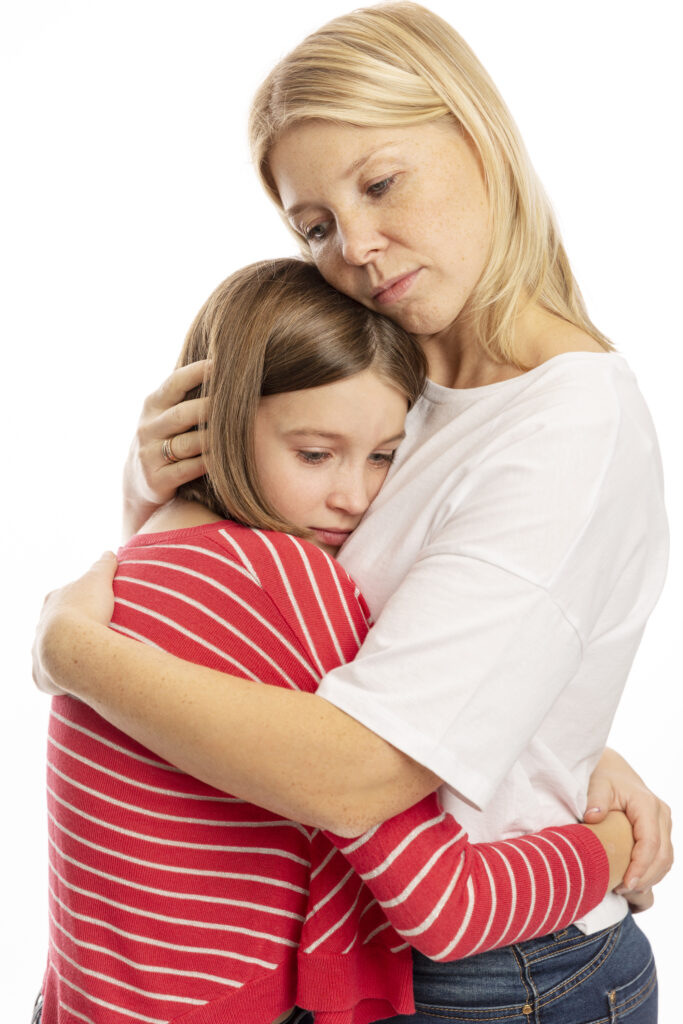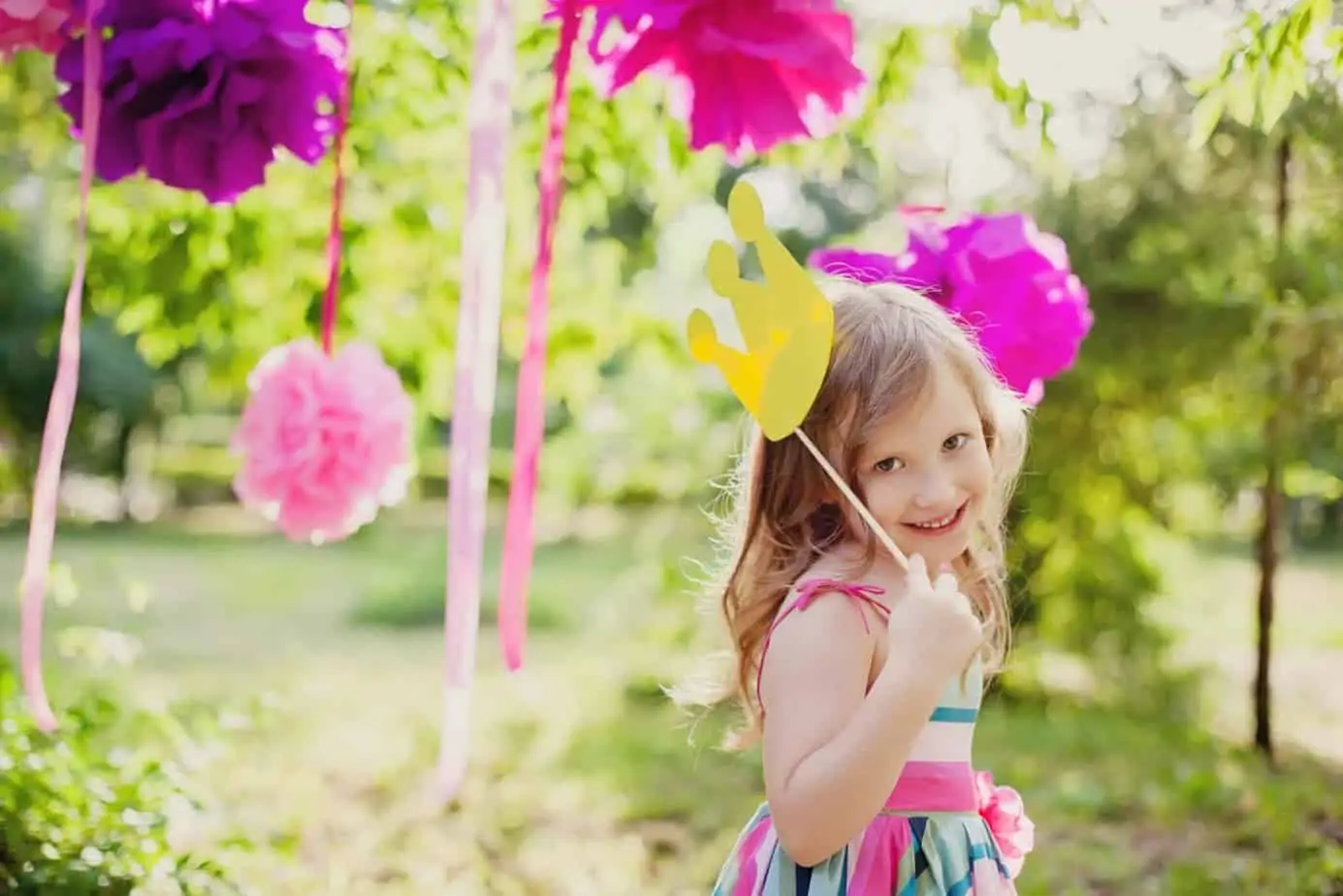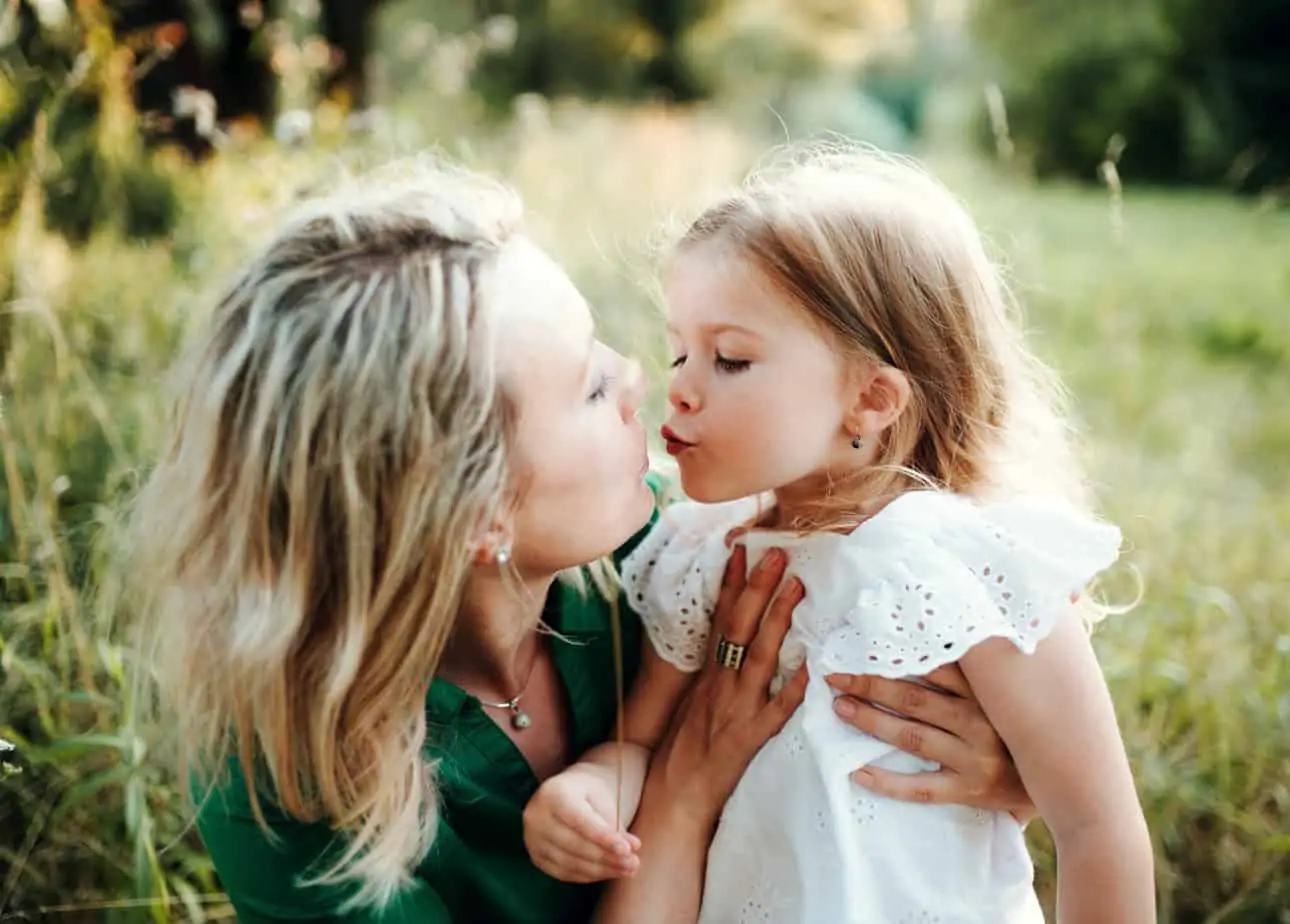Discover expert tips for navigating the complex world of hormonal, physical, mental and emotional changes in tweens and teens. Learn how to provide essential support, patience, and empathy during the years of this transformative phase of development.
Navigating Hormonal, Physical, Emotional Changes of Tweens & Teens
As children transition into their tween and teen years, they embark on a rollercoaster ride of hormonal changes and along with that comes fluctuations (sometimes minute to minute) in emotions, interests, friendships, and mood.
These changes during puberty can have a significant impact on tween and teen’s emotional well-being, cognitive development, and overall mental health.
Keeping up with the changes can prove to be challenge for parents but after so much time trying to control the situation, finding a new perspective of giving grace during this especially confusing time for your child will be your best bet to keep the peace at home.
It’s likely been a few decades since you yourself went through this up and down phase of life. Let’s take a moment to summarize all the changes that are taking place AT ONCE for your child and hopefully this eagle-eye view will lend an empathetic perspective.
As parents, it is crucial to understand what your child is experiencing and provide them with the support, patience, and empathy they need during this transformative period.
During puberty, children undergo significant emotional changes as a result of hormonal fluctuations and brain development.
These emotional changes can manifest in various ways and may differ from one individual to another.
Here are some common changes associated with puberty, along with examples of how they might manifest so that you, the parent, can support your tween / teen emotionally, developmentally and mentally.
Understanding the Hormonal & Physical Changes Taking Place During Puberty
Puberty, the biological process of sexual maturation, brings about numerous hormonal changes in tweens and teens.
These changes include the production of hormones such as estrogen and testosterone, which influence physical development, mood, and behavior. It’s important to remember that each child’s journey is unique, and the timing and intensity of these changes can vary.
Common physical changes may include growth spurts, acne, body odor, and the development of secondary sexual characteristics.
Apart from some of the physical and emotional changes tweens and teen undergo, there are also significant cognitive and social development.
Their brains are rapidly changing, with areas responsible for reasoning, decision-making, and impulse control still developing. This can result in impulsive behavior, risk-taking, and difficulty managing emotions.
Parents can support their child’s development by setting clear boundaries, teaching problem-solving skills, and fostering independence gradually. Encourage them to think critically, make responsible choices, and learn from their mistakes.
You can read more about the development of the pre-frontal cortex – the rationale, mature brain which begins developing around age 7 and doesn’t finish its full maturity for most until the age of 24.
This is a great book about the complexities of the teenage brain.
Emotional Rollercoaster: Buckle Up!
Hormonal fluctuations can create a whirlwind of emotions for tweens and teens.
Your child may experience mood swings, irritability, heightened sensitivity, and intense, overwhelming emotional reactions during puberty.
It’s essential to recognize that these emotional fluctuations are normal and part of their developmental process.
Heightened Feelings
Your child may experience heightened feelings of sadness, joy, anger, or love. They might have difficulty regulating these emotions and struggle to understand or express them effectively.
For instance, your child may burst into tears over a minor disappointment or express extreme enthusiasm for something they’re passionate about.
Unpredictable Mood Swings
Puberty often brings about unpredictable mood swings – oh, so many mood swings.
One moment, your child may be happy and enthusiastic, and the next, they may become irritable or sad. These mood swings can occur without apparent cause and may seem exaggerated. For instance, your child may go from laughing and joking with friends to suddenly feeling angry or upset over a minor disagreement. This is normal, and as confusing as this may be for you, it’s much more confusing for your child.
Increased Sensitivity
Tweens and teens may also experience increased sensitivity to criticism, rejection, or perceived slights.They might become more self-conscious about their appearance, worry excessively about what others think of them, or feel easily embarrassed.
For example, your child might become upset or defensive when receiving constructive feedback or feel devastated by a comment that they interpret negatively.
Self-Reflection & Identity
Puberty often prompts tweens and teens to question their identity, values, and beliefs. They may engage in introspection and self-reflection as they try to understand who they are and where they fit in.
This process can lead to periods of self-doubt, identity exploration, and changing interests. Sometimes you might find yourself in a battle of words as your child begins to formulate their own identity which may be different from your own, or their upbringing.
Growth mindset tools help kids navigate negative thoughts and negative self-talk, to build confidence and see themselves through the lens of positive self-worth.
This is just a phase of figuring out what’s in alignment with them and not meant to be a slight against their family. They’re only figuring out who they are and what resonates for them not at this moment, which may be different in time.
Other examples: your child may experiment with different styles, hobbies, or friend groups as they explore their evolving sense of self.
Social Anxiety & Peer Pressure Turns Up the Heat
Around the age of 9 – 12, when tweens and teens begin going through pre-puberty and puberty, their social circle and interactions take a front-row seat.
As tweens and teens become more aware of social dynamics and seek validation from their peers, they may experience social anxiety and feel pressure to fit in more so than ever before. They might worry about being accepted, fear judgment or rejection, and compare themselves to others.
This book, Emotionally Resilient Tweens and Teens is helpful for this phase of life and navigating the social changes.
For instance, your child may become excessively concerned about their appearance, popularity, or social status, leading them to make choices based on what they perceive as societal expectations.
Navigating this phase of life can bring about new behavior, choices, friendships and the fall out of social circles too. It can be a bumpy part of these years for some, but staying connected and being a safe place for them to land is crucial.
Emotional Vulnerability Heightened
Hormonal changes can make tweens and teens more emotionally vulnerable. They may experience emotions more intensely and feel overwhelmed by stressors or challenges. This vulnerability can make them more susceptible to mental health issues such as anxiety or depression.
For example, your child may become more anxious about school performance, anxiety can pop up with trouble falling or staying asleep from worries, or exhibit signs of sadness or withdrawal that persist over time.
Encourage open communication and reassure your child that what they are feeling is valid. Understanding and empathizing with your child’s emotional journey during puberty can help you respond with patience, support, and guidance.
By creating a safe and non-judgmental environment, you can help your child navigate these emotional changes and develop healthy coping mechanisms for the challenges they may face.
Untangled is a recommended book for girls growing and changing through the tween and teen stages of life.
Mental Health Considerations
Hormonal changes can impact mental health and contribute to mood disorders such as depression and anxiety. Adolescence is also a vulnerable time for the onset of mental health conditions.
Pay attention to any significant changes in your child’s behavior, sleep patterns, appetite, or social interactions. Be proactive in seeking professional help if you notice persistent signs of distress or decline in functioning.
Encourage your child to talk openly about their mental well-being and remind them that seeking support is a sign of strength, not weakness.
Read: the Known (and Unknown) Signs of Child Anxiety
It’s important to note that while these emotional changes are a normal part of puberty, persistent or severe symptoms may indicate underlying issues. It’s crucial for parents to maintain open lines of communication, provide emotional support, and seek professional help if necessary.
Providing Support as a Parent of a Tween / Teen
Navigating the challenges of hormonal changes requires patience, empathy, and understanding from parents. Here are some strategies to help you support your child effectively:
- Open and Non-Judgmental Communication: Create an atmosphere of trust where your child feels comfortable discussing their concerns, questions, and emotions.
- Educate Yourself: Stay informed about the physical and emotional changes associated with puberty. This knowledge will help you empathize with your child’s experiences.
- Emotional Validation: Acknowledge your child’s emotions and let them know that what they are feeling is normal. Help them develop healthy coping mechanisms to manage their emotions. Emotion identification and expression tools help kids dive deep into their inner-world and explore what they’re feeling.
- Establish Routines and Boundaries: Consistent routines and clear boundaries provide a sense of security during times of change. Work together to establish guidelines that promote responsibility and accountability.
- Encourage Healthy Habits: Promote a balanced lifestyle by emphasizing the importance of exercise, proper nutrition, and sufficient sleep. These habits can positively influence your child’s overall well-being.
- Make Connection a Priority: You are your child’s safe landing spot. Make time to connect each day or set aside a time to something together to keep all lines of communication and the heart open.
- Seek Support: Remember that you are not alone. Connect with other parents, join support groups, or consult with professionals who specialize in adolescent development.
Conclusion:
Puberty and the accompanying hormonal changes that may leave you confused or drained by the end of the day, can be a challenging time for both tweens/teens and their parents.
By understanding the emotional, developmental, and mental aspects of this phase, parents can provide the necessary support and guidance and most importantly, lead with empathy and patience for all the changes they’ve navigating at this time.
With your guidance, your tween/teen will be able to gain resilience, confidence, and a strong sense of self and self-worth. Remember, by being there for your child during this time, you are laying the foundation for a healthy and fulfilling adulthood.
Related Resources for Navigating Tween / Teen Phase of Development
- Vital Tips for Parents Navigating the Transformative Tween Years
- Helpful Tips On How To Deal With A Disrespectful Teenager
- Parenting Tweens: How to Navigate the Tween Stage of Life
- Navigating Online Safety: Protecting Tweens and Teens in the Digital Age
- 6 Popular Parental Control Apps and Software to Safeguard Kids Online
Want even more?
Shop All Parenting Resources
Shop all of our parenting resources from self-regulation tools and managing big emotions to building self esteem and confidence. There are resources for all seasons of life!









